Among the four major points guards back then, why was only Kobe able to win the championship?
Welcome back to the Shisan Arena. First of all, Kobe is lucky. Among the four major points guards that year, only Kobe had partnered with players of the four centers, and was early in his career. The Lakers won three consecutive championships from 2000 to 2002. Kobe's performance in the finals in the past three years was: 15.6 points, 4.6 rebounds, 4.2 assists, 1 steal and 1.4 blocks, with a shooting percentage of 36.7%, and 20% of three-pointers; 24.6 points, 7.8 rebounds, 5.8 assists, 1.4 blocks, with a shooting percentage of 41.5%, and 33.3% of three-pointers; 26.8 points, 5.8 rebounds, 5.3 assists, 1.5 steal and 0.8 blocks, with a shooting percentage of 51.4%, and 54.5% of three-pointers. has made progress and become more and more outstanding, right? But the Sharks' performance in the finals in the past three years was even more crazy: 38 points, 16.7 rebounds, 2.3 assists, 1 steal, 2.7 blocks, with a shooting percentage of 61.1%; 33 points, 15.8 rebounds, 4.8 assists, 0.4 steals, 3.4 blocks, with a shooting percentage of 57.3%; 36.3 points, 12.3 rebounds, 3.8 assists, 0.5 steals, 2.8 blocks, with a shooting percentage of 59.5%. Frankly speaking, if Kobe has replaced any of the four major points guards in recent years, the championship will probably only belong to the Lakers. So, what are the situations of the other three major guards in the same period? In those three years, McGrady's best partner was Carter in the 1999-2000 season - averaging 25.7 points, 5.8 rebounds, 3.9 assists, 1.3 steals and 1.1 blocks in the regular season, with a shooting percentage of 46.5% + 40.3% + 79.1%; in the playoffs, 19.3 points, 6 rebounds, 6.3 assists, 1 steal and 1.3 blocks, with a shooting percentage of 30% + 10% + 87.1%. The best helper around Carter is also McGrathy in the 1999-2000 season - averaging 15.4 points, 6.3 rebounds, 3.3 assists, 1.1 steals and 1.9 blocks in the regular season, with a shooting percentage of 45.1% + 27.7% + 70.7%; in the playoffs, 16.7 points, 7 rebounds, 3 assists, 1 steal and 1 block, with a shooting percentage of 38.6% + 28.6% + 87.5%. AI's most reliable teammate is Uncle Mu in the 2000-2001 season - averaging 10 points, 13.5 rebounds, 1 assist, 0.4 steals and 2.7 blocks per game, with a shooting percentage of 48.4%; in the playoffs, 13.9 points, 13.7 rebounds, 0.7 assists, 0.7 steals and 3.1 blocks per game, with a shooting percentage of 49%. So Kobe had the championship that the other three major points guards had not won in their entire careers, and it was three consecutive times. Later Paul Gasol, Bynum, Odom and others helped him win two championships - of course, during this period, Kobe was really the absolute leader of the team, and he was impeccable on both offense and defense. After all, if you want to talk about hard work and concentration, Kobe is probably the most outstanding among the four major points guards. In terms of physical conditions, Kobe is certainly not the best among the four major points guards; Carter and McGrady are both taller and stronger than him, and the AI has become famous earlier than him and become the scoring champion and MVP earlier. But if Kobe was replaced by one of the other three championships in 2009 and 2010, it would probably be difficult to achieve the same achievements. The most core difference is that Kobe ushered in a second evolution after 2006. Everyone knows that Kobe averaged 35.4 points per game in the 2005-2006 season - that year the Lakers averaged only 99.4 points per game, and Kobe scored 35.6% of the team. And despite being repeatedly double-teamed, filled with a lot of singles and high-difficulty strong shots, his shooting percentage still reached 45%. As a comparison - McDy's two scoring champions in 2003 and 2004 have a shooting percentage of 45.7% and 41.7% respectively, while the scores account for 32.6% and 29.8%. AI's four scoring champions have none of which hit more than 43% in any one year, accounting for 29.9%, 32.8%, 34.5% and 31% respectively. means Kobe's high score, and his production efficiency among the four major points guards is actually extremely excellent; the team's offensive dependence on him is even more than 76ers against AI. After 2006, Kobe gradually reduced his shots and adjusted his offensive methods - reducing strong shots in the face frame and increasing his back-to-back steps. At the same time, he strengthened the confrontation and the offensive end became more comprehensive and unstoppable. From 2003 to 2006, his shooting percentage was 45.1% in one year; from 2007 to 2011, his lowest was 45.1%. And what about the other three major points guards from 2007 to 2011? McDy has passed his peak, and has gone from the Rockets to the Knicks and the Pistons, and his career is over; Carter has also gradually declined, and has played in the Nets, Magic, and the Suns during this period, and has gradually become a substitute; AI was not very satisfied with the Nuggets, Pistons, and Grizzlies. Finally, he returned to the 76ers to complete the last stage of his career and retired in 2010. The ability to last at the peak and transform again at the peak is of course the most critical factor in why Kobe can finally break the gap with the other three major points guards. What's more, his defense is also the best among these four, and even the top level among many defenders in history. Looking at his career, Kobe has been selected for 9 defensive first team and 3 defensive second teams. And the other three have never been selected into the defensive lineup. Of course, McGrady was an excellent defender in the early days; but after turning to the magic, his focus completely shifted to offense, and his defensive enthusiasm dropped greatly - he was also easily affected by emotions, and under unfavorable conditions, the offense and defense fluctuated greatly. Carter has never been known for his defense, and at most he is average; AI is more limited by size and is destined to be a defensive weak ring - fortunately, he is good at stealing and will not make no contribution on the defensive end. So, even after the Sharks left, Kobe can still lead the Lakers to achieve a revival: lasting, stable, tough, focused, and self-regulation. During the three consecutive championships, he was indeed not the boss of the team; but in the last two championships, he could only lead the Lakers to the top. 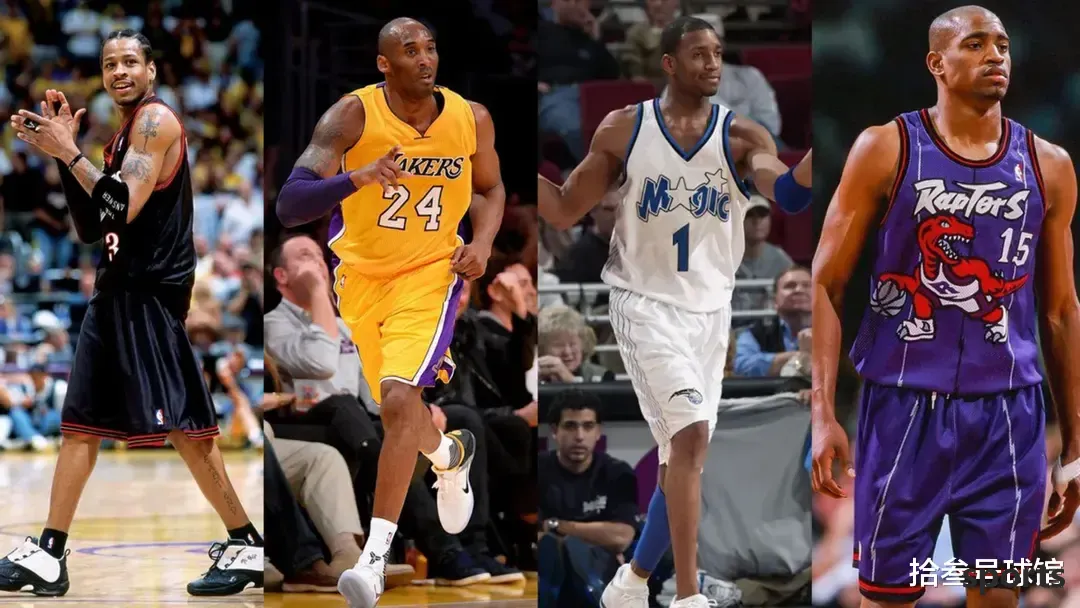
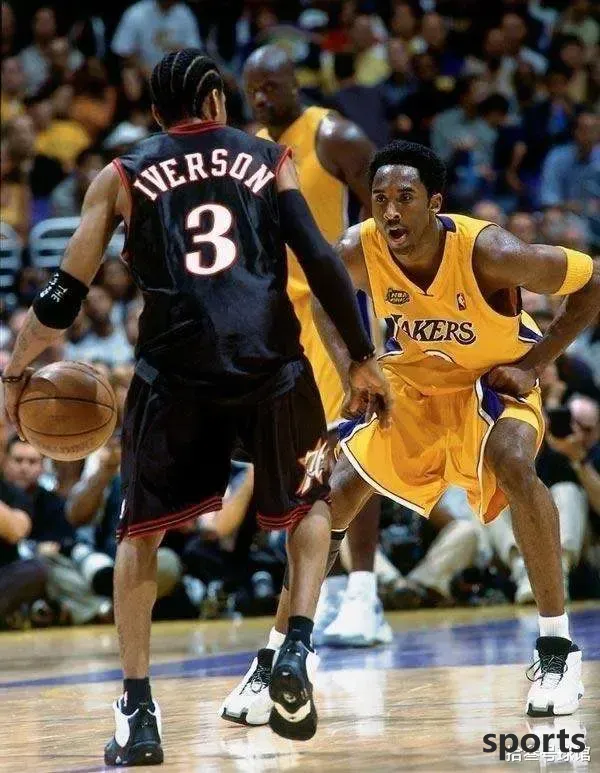
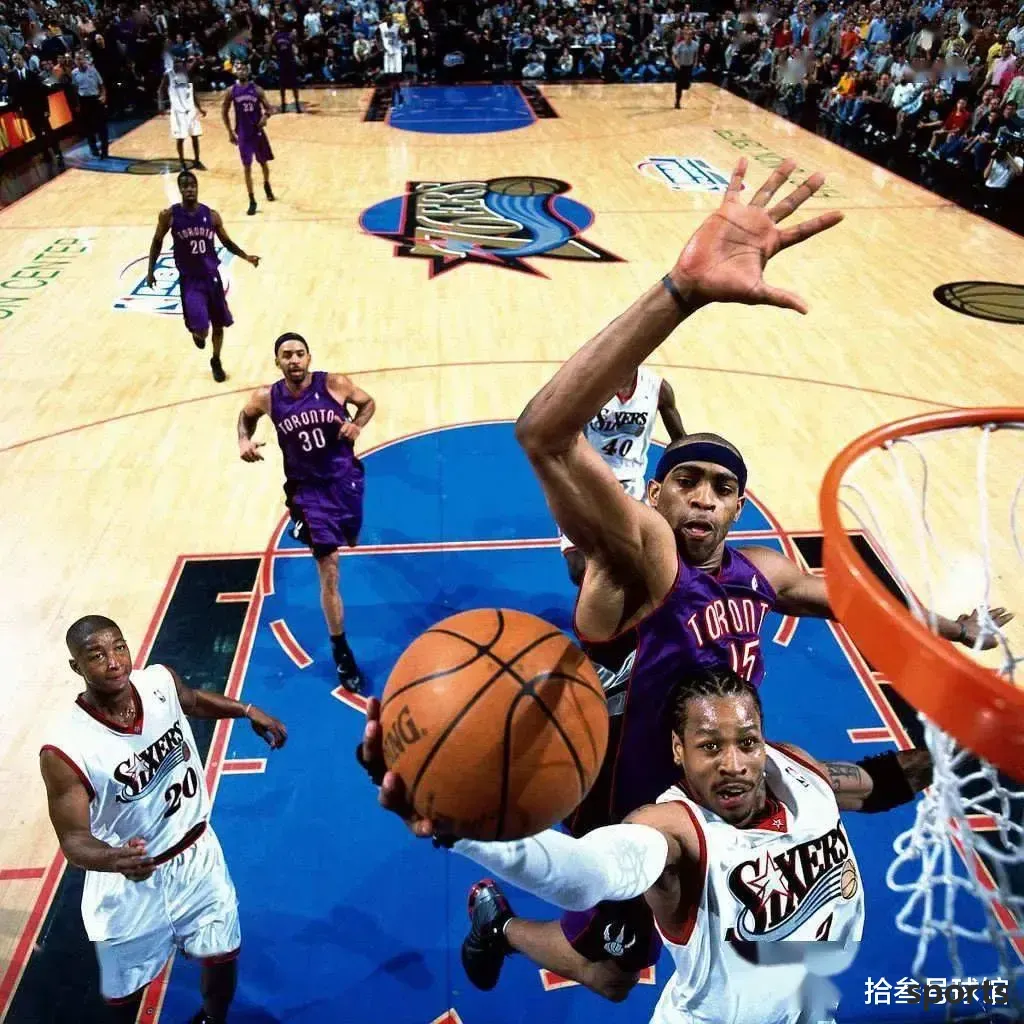
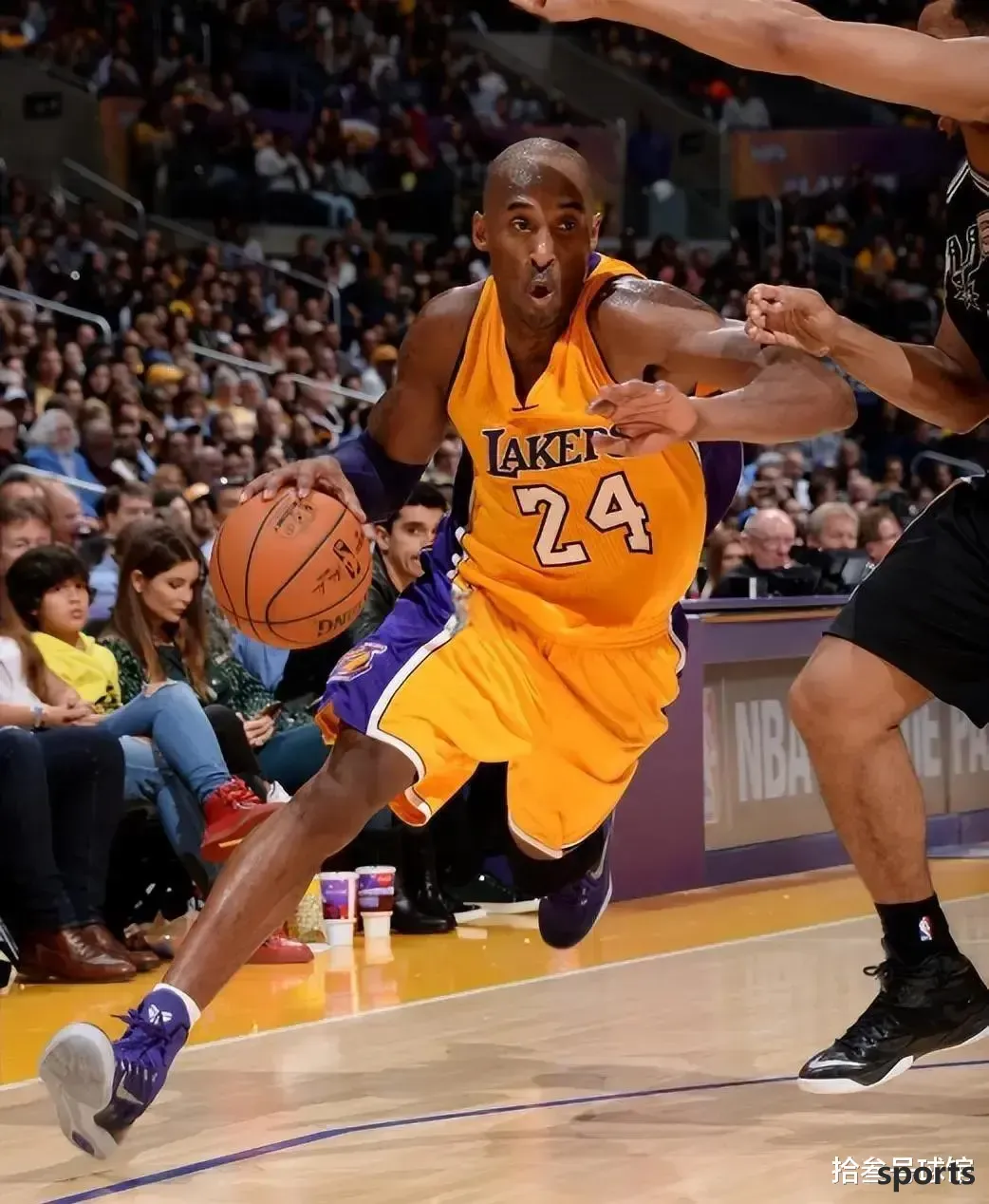
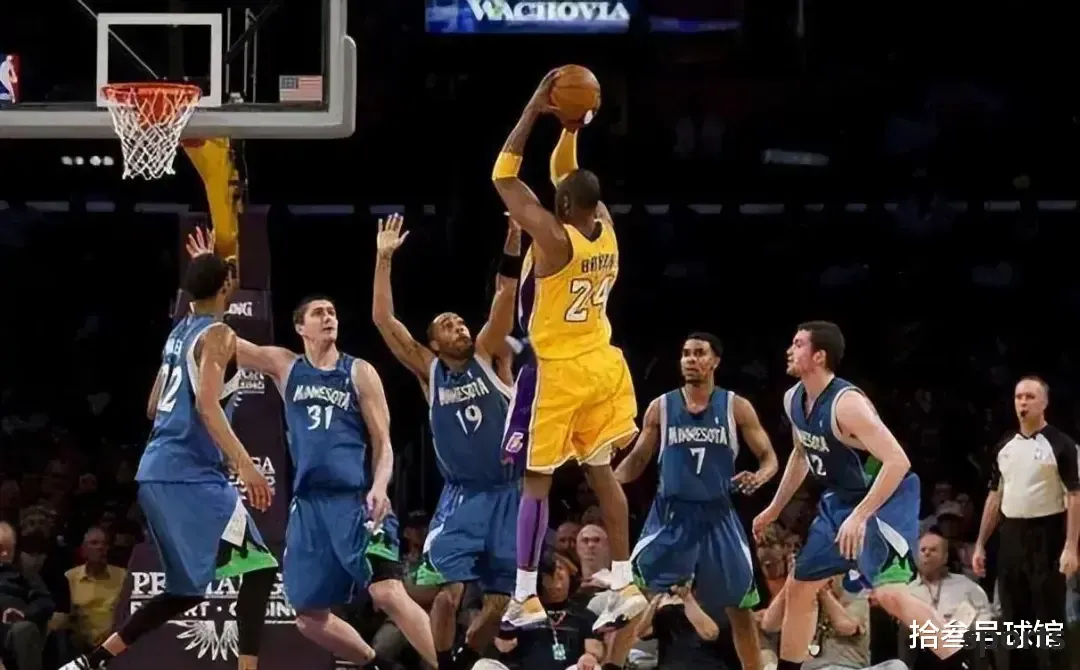
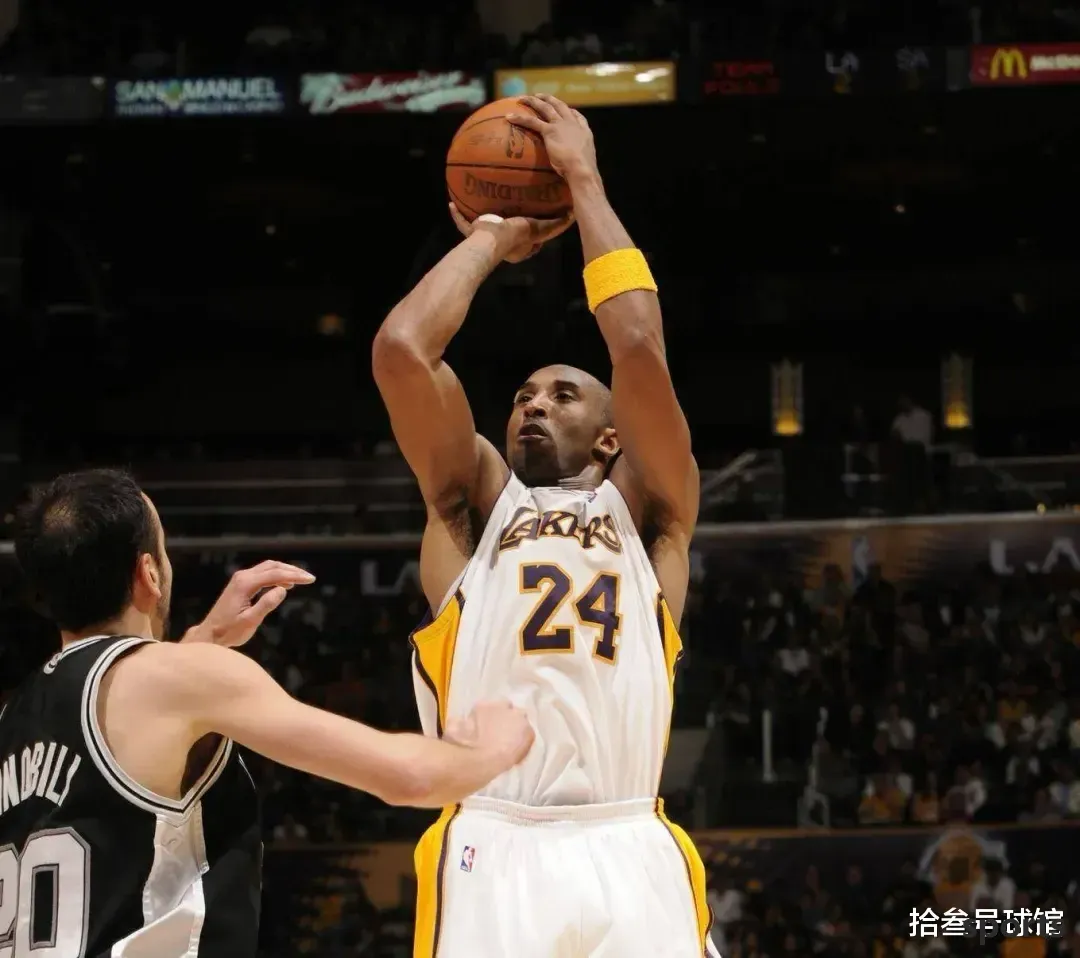
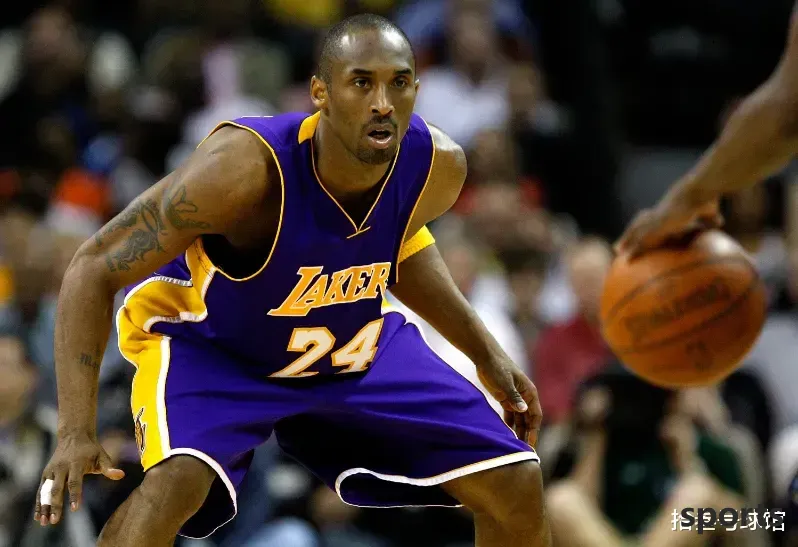
- Recent Posts
-
- The draft is changing rapidly!
- From "Leaping to the Extinctio
- Knicks are interested in Uduka
- 36-year-old Harden ignited a t
- Bahamas genius VJ: From wild b
- Warriors change their plans! R
- Playing! 121 points were score
- You can enter the Western Conf
- Lillard is the biggest winner
- Nurse: Edgecombe is amazing ev
- Hot Posts
-
- After signing with the Trail B
- "NBA Finals G6" Thunder VS Pac
- Bill wants to complete a buyou
- Thunder substitute Caruso: Gre
- 2-1 in one game! WTA Berlin St
- First-time pick, 25th first-ro
- After the NBA Clippers trade,
- The latest news of the Warrior
- Rockets officially announced 5
- The Suns are finally going to
- Outrageous! The truth about th
- If 13 million is received, run
- US media questioned Yang Hanse
- On May 2, Pelinka s latest int
- Paul George undergoes surgery
- Is Paul expected to join the L
- Anthony: I ve been through man
- 8 first rounds + 60 million sp
- Cavaliers President: Mobley s
- The Warriors "beat" Gobert by
- search
-
- Links
-
